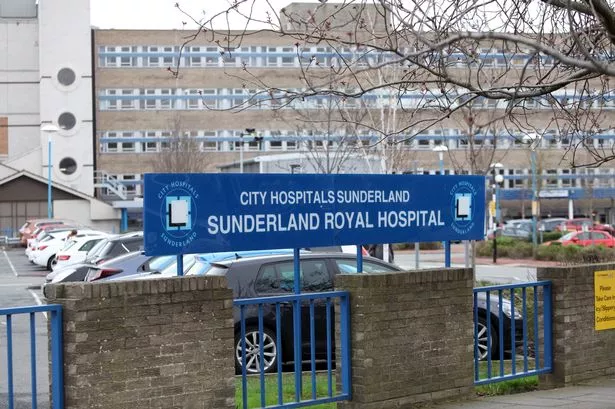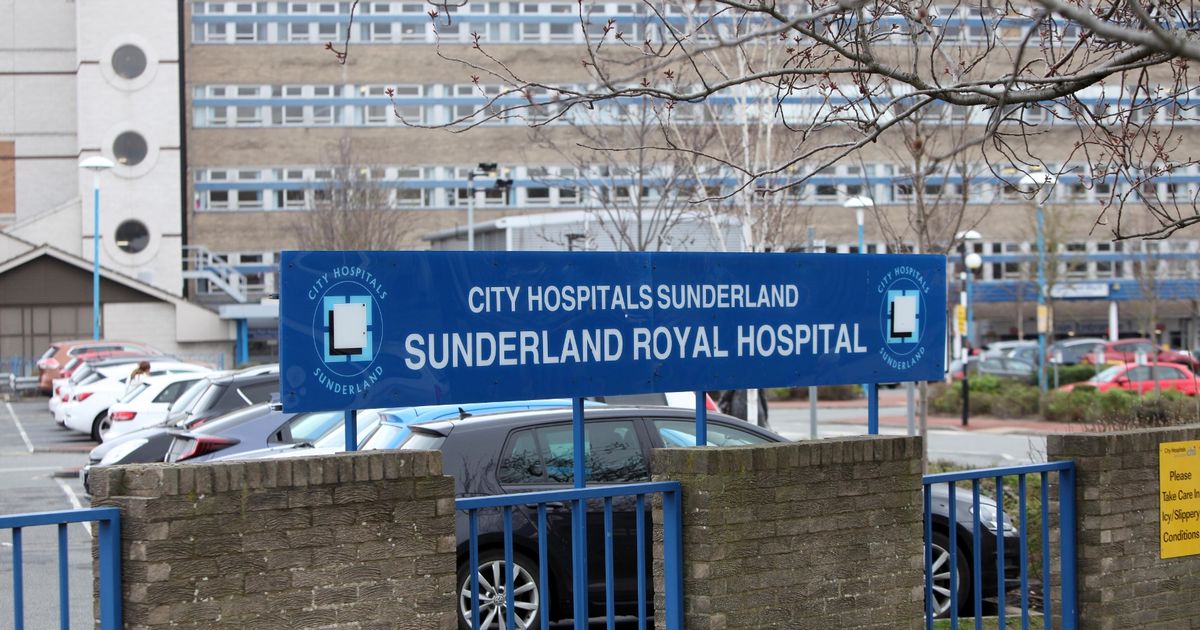Malcolm Morris, from Northumberland, died on January 5 last year, but his inquest raised matters of concern regarding his care Sunderland Royal hospital(Image: Newcastle Chronicle)
Sunderland Royal hospital(Image: Newcastle Chronicle)
Concerns have been raised by a coroner following the death of a Northumberland cancer patient who was being treated in Sunderland. Malcolm Morris died on January 5 last year, but his inquest raised matters of concern regarding his aftercare.
In May 2023, Mr Morris was diagnosed with penile cancer and underwent surgery to remove it. But the 63-year-old suffered repeated infections which required further treatment and surgery. Two months later, he had a right inguinal node dissection and was infection free by that November.
Mr Morris later developed lymphoedema, which is a recognised complication of the surgery, and he was referred for treatment. This amongst other treatments required the wearing of compression garments.
Concerns raised
At an assessment on January 3 last year his right thigh was seen to be swollen and the compression garment was not located in a way that applied pressure to his right thigh. He had no symptoms of a deep vein thrombosis, including pain. It was not possible to say if a deep vein thrombosis was present at that time, but days later, after complaining of pain in his right thigh he collapsed and died. His death was due to a pulmonary embolism.
Following his death, an inquest was held in May this year which raised concerns. Assistant Coroner for Northumberland, James Thompson, concluded there is a risk that future deaths could occur unless action is taken.
The matters of concern were that Mr Morris required various periods of hospital admission in Sunderland for elective and also urgent surgery. This was to address his penile cancer and also to treat recurrent wound infections arising from his surgery.
Prevention of Future Deaths Report
A Prevention of Future Deaths Report said: “He was from Northumberland but was being treated at Sunderland Royal Hospital. Upon discharge from hospital in Sunderland, staff were unable to refer him electronically to district nursing services in Northumberland. They had to resort to telephoning the service to make a referral and were unable by this route to pass the necessary information to the service. As a consequence, Mr Morris left hospital requiring catheter care and wound management. He did not initially receive district nursing support. His wound became infected and required readmission to hospital.
“His catheter bag became full and he, nor his family had any guidance on what action to take. Hospital systems were unable to communicate with healthcare systems outside of the immediate geographical area and as such efficient referrals to district nursing services were not possible. This meant detailed information on Mr Morris’s discharge arrangements and ongoing treatment could not be passed and ultimately district nurses relied on inadequate brief paper-based discharge documents.”
The report adds: “In Mr Morris’s case he was supported and cared for by his wife and family. They sought advice and made contact with the district nursing services themselves to affect a referral, after the absence of nursing support following his first discharge from hospital. Had Mr Morris been discharged without any support from his family, lived alone or been vulnerable in some way, he may have not been able to access nursing services.
“Even with family support, his wound became infected and required readmission to hospital. This is an issue which is not confined to individual hospital trusts and is based on the ability of technology to ‘talk to each other’ across various NHS services. Given Sunderland Royal Hospital is a regional centre for penile cancer it means patients are treated there who are not living in the usual catchment area for the trust, and as such situations such as this with patients living out of the area must occur regularly.”
‘Deepest sympathies’
The report has been sent to Sir Jim Mackey, the Chief Executive, NHS England. The chief executive is under a duty to respond to the report within 56 days, namely by July 16 2025.
A spokesperson for NHS England said: “NHS England extends its deepest sympathies to the family and friends of Malcolm Morris. We are carefully considering the Prevention of Future Deaths Report sent to us by HM Coroner and will respond in due course.”
